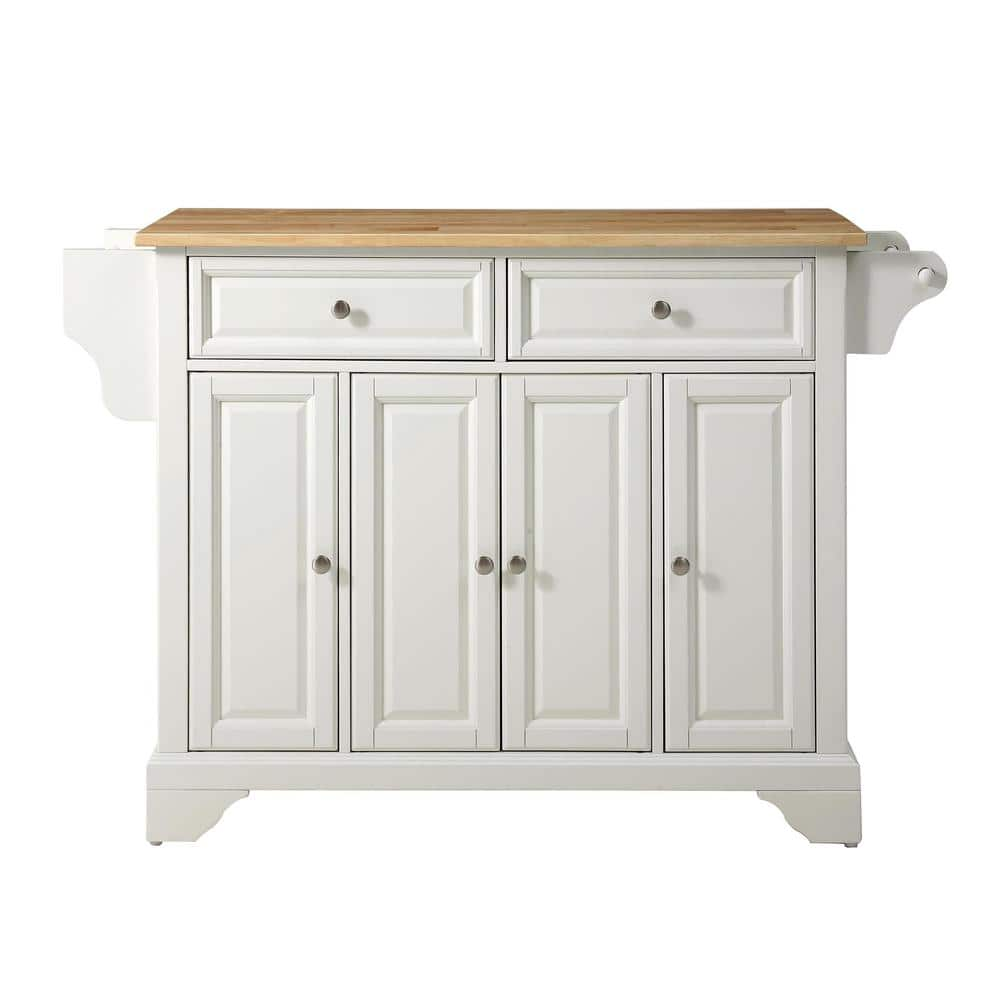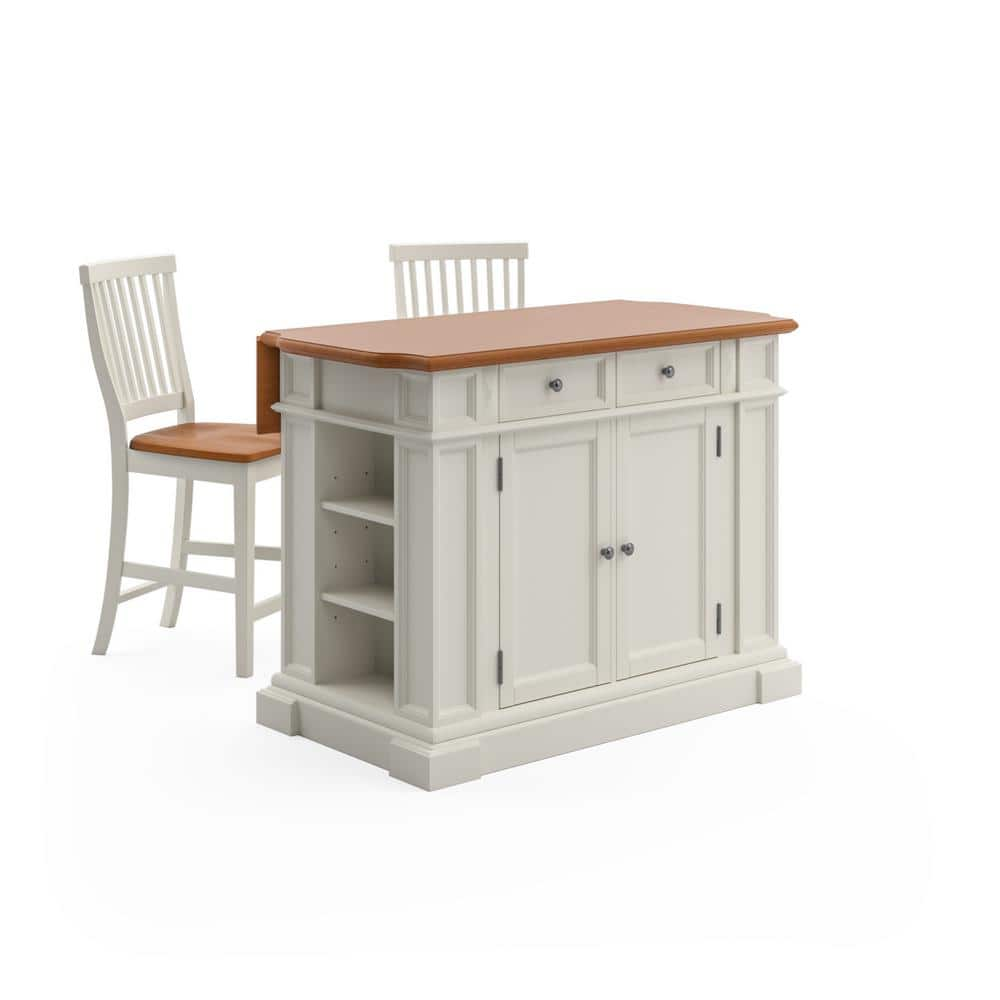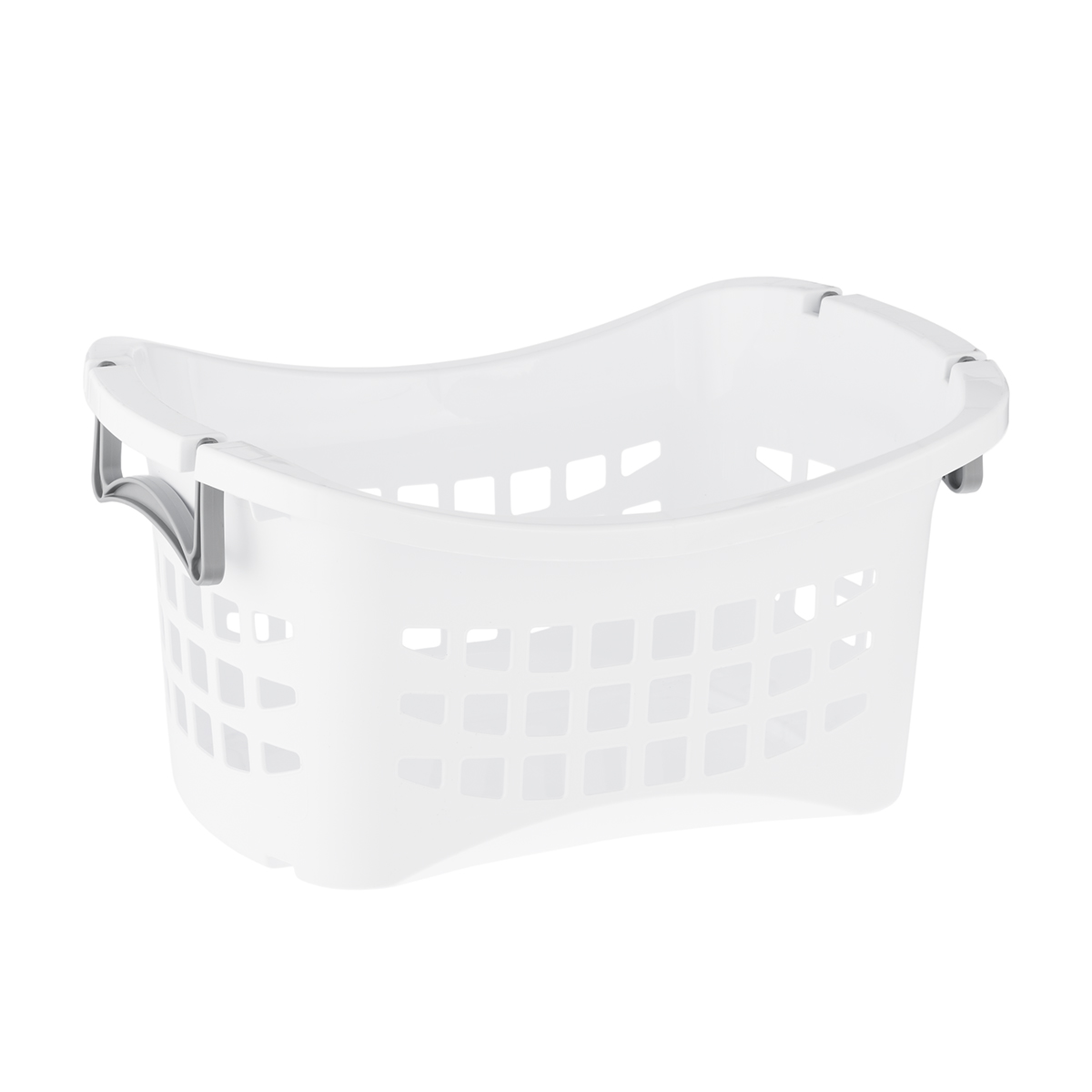Cuisinart 3-Cup Mini Prep Plus Food Processor – 21226851
The Cuisinart Mini-Prep Plus Food Processor is the perfect little helper for small- to medium-size food preparation, from chopping herbs to finely grinding hard cheese. Its versatility lies in the special Auto Reversing Smart Blade, which makes it easy to process both soft and hard foods in the 24 oz. work bowl. The touchpad controls are simple to operate and keep clean as you chop, emulsify, grind and puree. There’s even a drizzle spout on the lid for making pestos and other dips and sauces. And it’s easy to clean, with dishwasher-safe removable parts.
- Base
- 3 Cup/24 oz. work bowl
- Processor blades
- Lid
- Custom spatula/paddle scraper
- Instruction guide
- Manufacturer’s 18-month limited warranty
- Pulse action is best when you are using the chop function. Two or three pulses are often enough. Be sure to check the food frequently to prevent overprocessing.
- If you overprocess, you are likely to get a watery paste instead of a fine chop.
- Use the grind function for grinding spices, and for chopping hard food such as peppercorns, seeds, chocolate and nuts.
- Continuous-hold action is best when you are using the grind function. You may have to operate the Mini-Prep Plus Processor for several seconds with some food to achieve the desired results.
Additional information
| Color Choices | Red, Black, Gray, White, Turquoise, Lavender, Magenta or Navy |
|---|---|
| Model | DLC-4A series |
| Measurements | Approx. 5"L x 7.5"W x 9"H |
| Weight | Approx. 1 lbs. |
| Volume Capacity | Up to 24 oz./3 cups |
| Material Composition | Plastic – work bowl, lid, base, scraping tool; stainless steel – blades |






by Drew
This chopper is powerful if youre not careful it will over chop your veggies. Powerful so you dont have to over do it and all of pieces get chopped.
by Tracy
This little food processor is perfect! It is small and non-intrusive on the counter top and does a fantastic job at either grinding or chopping. I have used this little guy far more than I’ve ever used my large complicated processor.
by Gordon
Wanted a small processor and this was just what I was looking for. Does a great job, takes up very little counter space, and easy cleanup in the dishwasher.
by Riggy
I hand wash the work bowl and the handle fills with soap suds. So obviously it’s not sealed well. I hope it doesn’t get all cloudy and/or filled with food debris.It does chop very nicely.